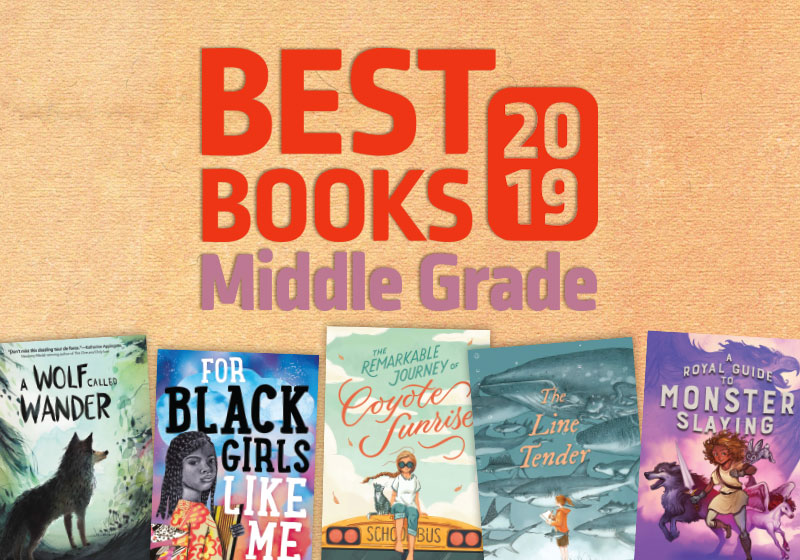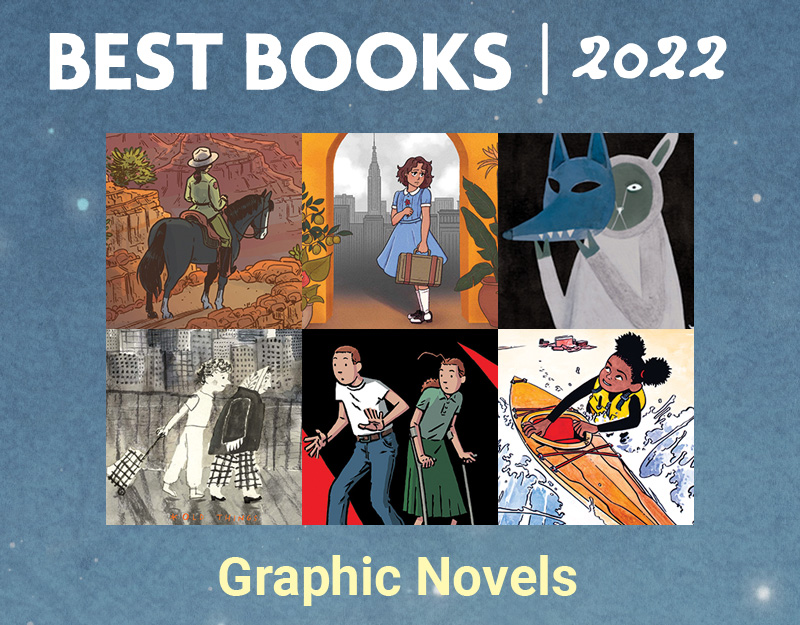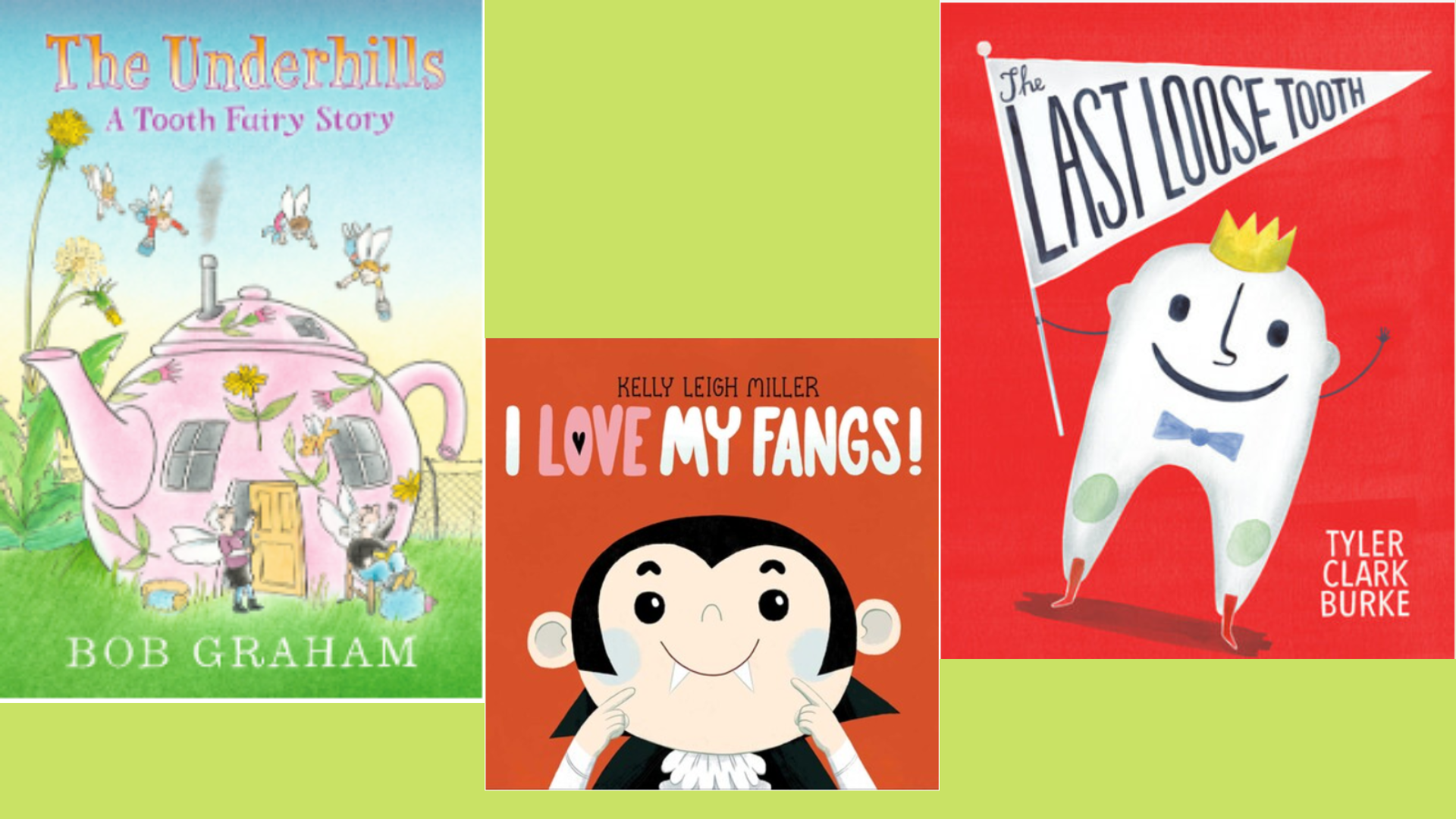Review of the Day: Neil Armstrong Is My Uncle, and Other Lies Muscle Man McGinty Told Me by Nan Marino
Whisper "historical fiction" in a kid’s ear and you may see them blanch and cringe at the thought. Ugh. History. And history in fiction? For many a kid it conjures up thoughts of dry, required reading. Titles that are supposed to teach and inform even as they entertain (read: bore). Kids with a penchant for historical fiction know that there’s a wide swath of titles out there to enjoy, but too often it’s the dull ones that end up on the Summer Reading lists. Books of historical fiction that are set during recent decades past also tend to be "meaningful" tales. They usually involve personal growth, acceptance of change, and maybe a dead dog or two. The out-and-out fabulous and funny recent historical fiction is the genre I want to see more of. And with a title like Neil Armstrong is My Uncle and Other Lies Muscle Man McGinty Told Me this little ole book is exactly what the doctor ordered. It takes a single moment in history (the moon landing) and wraps around it a story of a boy who can’t stop fibbing, and the girl who loathes him so.
ADVERTISEMENT
ADVERTISEMENT
To Tamara’s mind there’s no lying snake in the grass any lower than that strutting, self-assured, blowhard Muscle Man McGinty. That’s not his real name, of course. That’s just the moniker Tamara gave him to make fun of his skinny, weak little self, but the kid was so pleased with the title that he adopted it on the spot. Tamara has a lot of reasons to hate this kid too. For one thing he’s the foster kid that replaced her best friend Kebsie. Kebsie and her mom moved away recently and Tamara hasn’t heard a thing from her. Her parents hardly talk to her, her brother’s constantly fighting with her dad, and now here on top of everything is Muscle Man trying to weasel his way into everyone’s affections. Can’t they see what a two-faced numbskull he is? It isn’t until the night of the first moon landing that Tamara and Muscle Man find themselves in an odd situation, and she begins to see that sometimes there’s a world beyond the end of your nose. A world where other people have problems too.
Deluded protagonists can take many forms, but there’s nothing quite so pitiful as the protagonist who is entirely blinded by her own bitterness. Tamara’s hurting. She’s lonely and unhappy, trapped in a family that views affection the same way as it would a fly buzzing about the head. Is it any wonder that in Muscle Man McGinty’s lies she finds an outlet for her pent up rage? It’s perfect! Here’s a kid who tells tall tales on a regular basis. Stories so incredibly ridiculous that most of the world views them as adorable. Tamara’s problem is that she mistakes this kindness for ignorance, which just ratchets up her annoyance further and further.
My husband often likes to say of believable stories like this one, "People only care about what they care about." That certainly is the case here. Tamara cares about her own pain and own problems first and foremost, and the problems of someone like Muscle Man McGinty second. And while her point of view can be sympathetic it is also noticeably flawed. Particularly when it comes to her best friend Kebsie, for whom she carries a torch the entire book, Tamara never asked about her personal life or even considered it after she left.
I like the slow reveals of the plot in this title. For a while we know that Tamara was friends with a foster kid and that Muscle Man’s a foster kid as well. When we see Tamara’s home life there’s definitely some friction with her parents, and she calls them by their first names. Is she a foster child as well? A visit by her brother clears up the fact that Tamara is simply trying to be cool by giving them these names, but it also gives her a kind of emotional distance from them. That’s fine since whenever she attempts to get close to them they push her away quickly.
ADVERTISEMENT
ADVERTISEMENT
Having believable characters and a smart plot are great and all, but I think it’s the little things that really pull a children’s novel together. Things like well-written lines. I liked the moment when Tamara describes two neighbor twins who are fighting by saying, "After eleven years, Matthew and Michael Donovan haven’t figured out that both of them can’t occupy the same space at the same time." And I also loved the sense of community amongst the kids. There are suburban neighborhoods out there where the kids of various ages all hang out. Then, eventually, some of the kids start to hit adolescence and distance themselves from their old playmates. Marino describes this process beautifully, including showing the kid that still wavers between youth and age, going back and forth.
If there’s any problem with the book it might be Muscle Man McGinty himself. Now he’s a great character. There’s nothing better than a scrawny kid talking and walking like he’s the king of the world. But aside from his tall tales Muscle Man is pretty much a saint. Tamara just beats that kid down and beats that kid down and he always ends up smiling. Actually, he’s a pretty good poster boy for the Christian faith, considering how often he turns the other cheek. He’s almost too good, in fact. You’d expect him to get testy at least once in this story, particularly when you consider what he’s been through personally. Instead he keeps on taking it like a skinny ten-year-old martyr.
Unsympathetic, or at least seriously flawed, heroes aren’t new to children’s literature. And there was something about Neil Armstrong that made me want to pair it alongside The Great Gilly Hopkins. I’m not quite sure why, since Gilly makes Tamara look like she could teach the Dalai Lama a think or two about restraint. But both books feature tough girls who need to break through the walls they’ve put up around themselves. They’re blowhards, to a certain extent, who have a hard time identifying with others. In many ways, Neil Armstrong is My Uncle is a tale of redemption. Tamara’s story isn’t finished by any means, but at least she’s made some important steps, crossed some hurdles, and gotten over herself a little. Few adults would be able to say so much. An amazing debut and a remarkable novel.
On shelves now.
First Line: “Muscle Man McGinty is a squirrelly runt, a lying snake, and a pitiful excuse for a ten-year-old. The problem is that no one on Ramble Street knows it but me.”
Other Blog Reviews:
- Literate Lives
- Booking Mama
- Shelf-employed
- Blogcritics Books
- In the Shadow of Mt. TBR
- Rhapsodyinbook’s Weblog
- Bermudaonion’s Weblog
- Dog Ear
- On My Bookshelf
- Streetcorner Library
Professional Reviews: Booklist
Other Online Reviews: Nights and Weekends
- Good Morning America picked it as one of their books worth recommending.
- One of the first and most publicized Twitter conversations was between editor Nancy Mercado and author Nan Marino, as reported by Publishers Weekly. And The Happy Accident summed up what it all means in the end.
- Ms. Marino has a fine n’ fancy blog of her own, containing posts on such topics as giving Buzz Aldrin a copy of this book.
- She also has a website. And there’s even a part that distinguishes the true parts of the book from the false.
- You know a writer’s got good connections when even her photographer starts blogging about her.
- And finally, she was interviewed by fellow author Cynthea Liu at Writing for Children & Teens. There’s another one over at The Write Game too.
Filed under: Reviews
About Betsy Bird
Betsy Bird is currently the Collection Development Manager of the Evanston Public Library system and a former Materials Specialist for New York Public Library. She has served on Newbery, written for Horn Book, and has done other lovely little things that she'd love to tell you about but that she's sure you'd find more interesting to hear of in person. Her opinions are her own and do not reflect those of EPL, SLJ, or any of the other acronyms you might be able to name. Follow her on Twitter: @fuseeight.
ADVERTISEMENT
ADVERTISEMENT
SLJ Blog Network
2024 Books from Coretta Scott King Winners
Monkey King and the World of Myths: The Monster and the Maze | Review
Parsing Religion in Public Schools
The Tortured Poets Department Poetry Party Part 2: DIY Frames for Your Instant Photos
ADVERTISEMENT








